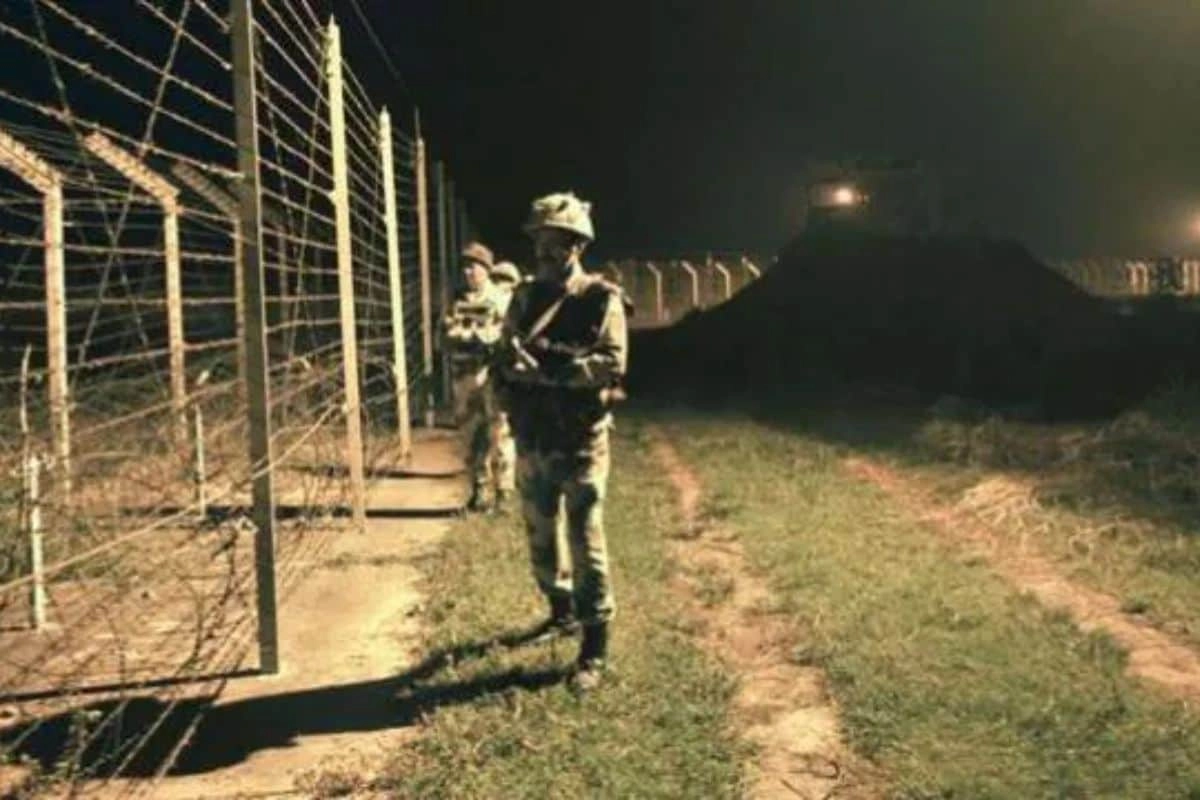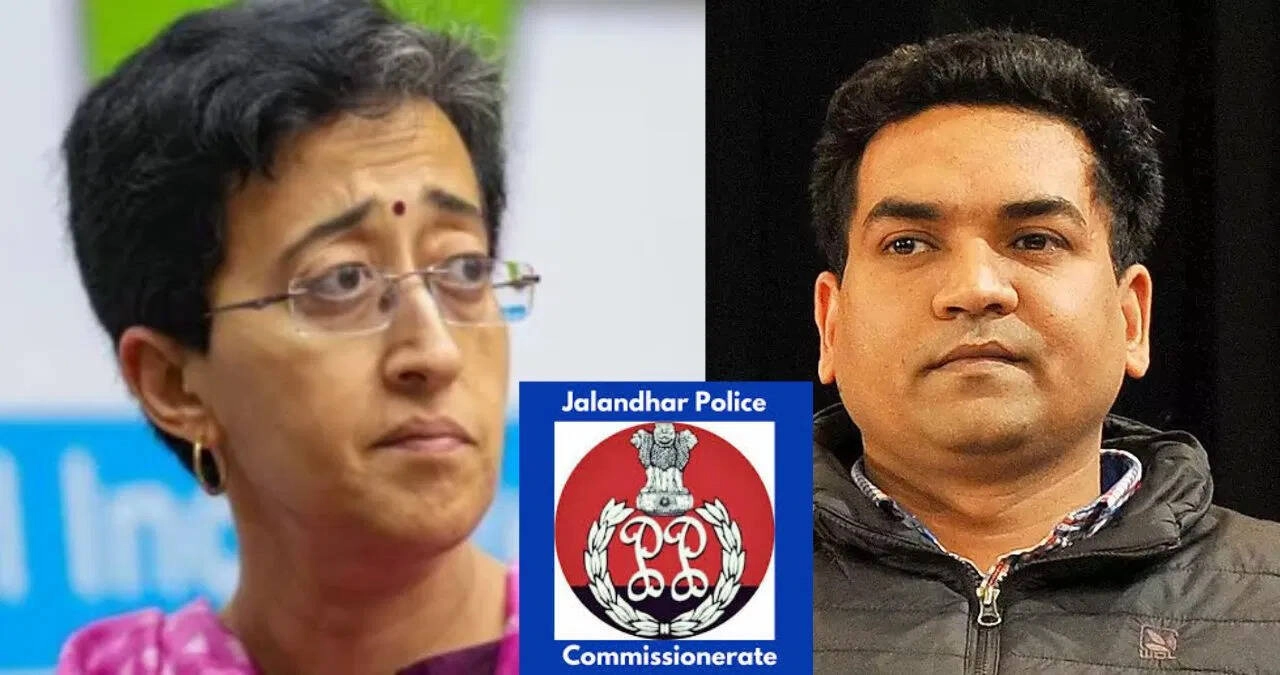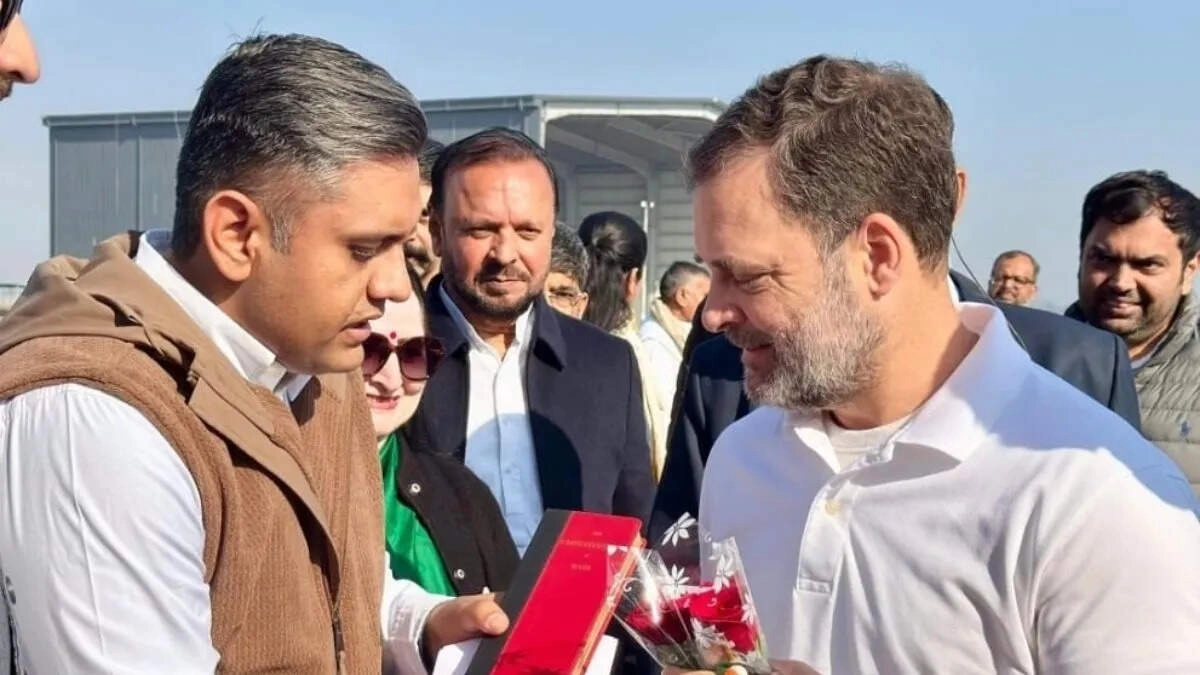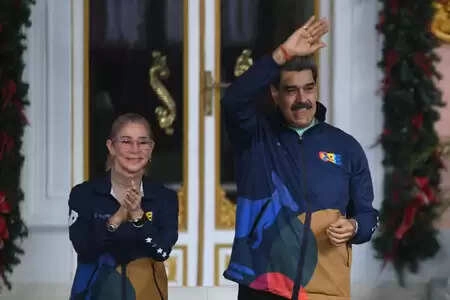The recent detention of a Border Security Force (BSF) jawan by Pakistan Rangers has raised significant concerns among his family and the broader Indian public. The incident highlights the increasingly strained relations between India and Pakistan, a dynamic that has been characterized by a series of conflicts and misunderstandings over the years. Families of soldiers often live with a constant sense of anxiety regarding the safety and well-being of their loved ones, and this incident has only intensified those fears. The uncertainty surrounding the jawan’s fate, coupled with the deteriorating diplomatic ties, has left his family in a state of distress and worry.
As the situation unfolds, the implications of such detentions extend beyond individual families to reflect on the larger geopolitical climate. Tensions between the two nations have historically been fueled by various factors, including territorial disputes and cross-border terrorism. The BSF jawan’s detention is a vivid reminder of the fragile nature of peace along the Indo-Pak border. In times of diplomatic strain, such incidents can exacerbate existing conflicts, leading to a cycle of retaliation and heightened military presence in the region. The families of soldiers often bear the emotional burden of these geopolitical tensions, facing not only the fear of losing their loved ones but also the psychological toll that comes with living in a conflict-prone environment.
The Indian government is expected to take diplomatic measures to address this situation, and the family of the detained jawan is likely to seek assurances regarding his safe return. In the past, similar incidents have led to lengthy negotiations, with families often caught in the middle of political maneuvering. The emotional impact on the families cannot be understated; they are left grappling with uncertainty and fear, while also hoping for a resolution that prioritizes the safety of their loved ones. As the international community watches closely, the incident serves as a poignant reminder of the human costs associated with political strife and the need for a more stable and peaceful relationship between the two nations.
In conclusion, the detention of the BSF jawan has not only heightened family anxieties but also serves as a microcosm of the broader challenges faced in Indo-Pak relations. As both nations navigate this complex landscape, it is crucial for dialogues to occur that prioritize human lives over political agendas. The hope for peace and resolution remains strong among families and citizens alike, emphasizing the importance of diplomacy in resolving conflicts that have persisted for decades.




